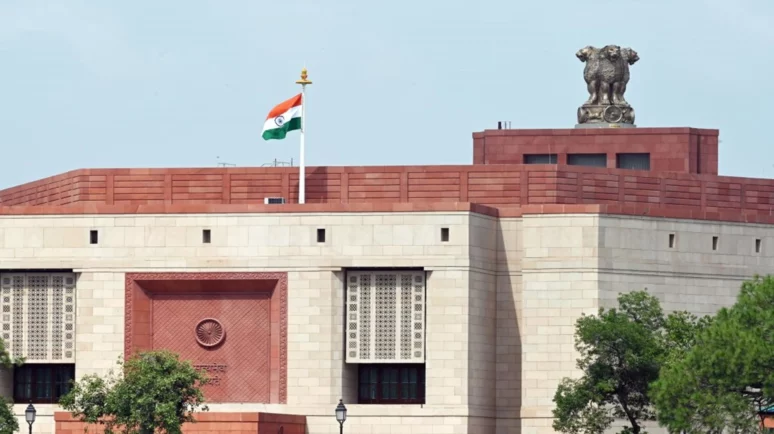India Working on CBDC – But Could it Go Offline?

Can India Introduce an Offline CBDC? Image: Sanjeev Verma/Hindustan Times/Getty Images
Key Takeaways
- Reserve Bank of India (RBI) Governor Shaktikanta Das, acknowledges plans for a Central Bank Digital Currency (CBDC).
- RBI reportedly aims to introduce offline transaction capabilities for the digital rupee.
- India has not taken a stance against private cryptocurrencies but RBI believes in a ban.
Despite India not maintaining a stance on private cryptos, its central bank has continuously pushed for a ban. After its 2018 ban was overturned in 2020, RBI Governor Shaktikanta Das is confident about launching a Central Bank Digital Currency (CBDC) to compete with private cryptos.
Speaking at the BIS Innovation Summit 2024, Das outlined that the CBDC would enhance financial inclusion across the country with its offline feature.
CBDC’s Introduction to Retail Transactions
Reserve Bank of India (RBI) Governor Shaktikanta Das said in a recent conference that the apex bank is working to make the digital rupee available offline.
According to Governor Das, the CBDC is gaining traction in retail markets, recording up to 1m transactions per day. India commenced a CBDC pilot in December 2022. However, despite these numbers, UPI remains the preferred choice among users.
In India, the Unified Payments Interface (UPI) is a real-time payment system developed by the National Payments Corporation of India. The system has enabled instant interbank transactions through mobile devices. It covers both peer-to-peer and merchant payments by allowing users to link multiple bank accounts.
As per the statement by the RBI, as cited by the Economic Times, India aims to leverage existing UPI merchant infrastructures to facilitate CBDC transactions. Currently, Indian users require the internet to carry UPI transactions. If the central bank introduces offline CBDC, it will shift public preference towards the digital currency in the future.
That said, the introduction of programmability and other value-added services is expected to drive financial inclusion, making digital currency a tool for economic empowerment.
Concerns of Privacy With a CBDC
In the US, the concept of a CBDC has met with opposition due to concerns over potential government surveillance. Many Republicans have criticized the idea of a digital dollar as a means for the Biden administration to invade privacy. Former President Trump has even pledged to block the implementation of a CBDC if he is re-elected.
Addressing privacy concerns, Das reaffirmed that the CBDC would offer the same degree of anonymity as traditional cash.
“Anonymity can be addressed through legislation and/or through technology. For example, through permanent deletion of transactions. That could be one method. The basic principle is that CBDC can have the same degree of anonymity as cash. No more and no less,” he said.
Meanwhile, the RBI chair also acknowledged the desire for better integration between fast payment systems like UPI and the CBDC to bring the cost down.
Based on retail feedback, the RBI has reportedly initiated steps to merge CBDC and UPI QR codes, allowing single points of acceptance for both payment methods. This interoperability means that even if merchants do not have CBDC wallets, they can still receive payments in their UPI-linked bank accounts, as per the report.
Governor Das underlined the potential for CBDC to reduce the costs of cross-border transactions. He noted it provides a safer alternative to private digital currencies. From the statements, India is expected to expand the pilot application of CBDCs as an alternative to private crypto.
The RBI has maintained a negative stance against private crypto and even imposed a ban in 2018. This ban was overturned by the Supreme Court of India in 2020, effectively allowing cryptocurrency trading. Currently, cryptos come under the taxation framework of the government but the players await specific guidelines within the sector.
Compete With Private Crypto
As India progresses towards a digital economy, the RBI is actively developing its CBDC that could seamlessly integrate with the country’s existing financial technology infrastructure.
With a clear plan to enhance its features and ensure wider adoption, the RBI’s CBDC aims to provide a regulated alternative to private cryptocurrencies. Despite RBI’s historical reservations about cryptocurrencies like Bitcoin, the RBI is not just moving past its previous prohibitions but is also positioning its CBDC as a potential competitor.


